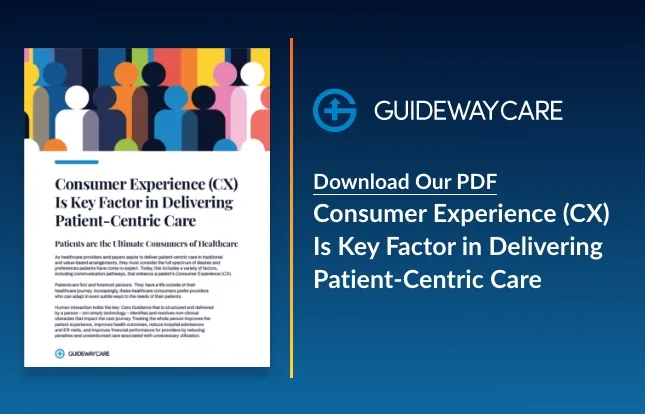Why Compassion in Healthcare Transforms Patient Outcomes: A Definitive Guide

In the realm of healthcare, compassion often serves as the cornerstone for meaningful interactions between medical professionals and their patients. But does compassion influence patient outcomes? This article delves into the transformative power of compassion in healthcare and its impact on patient well-being.
The Science Behind Compassion
Compassion serves as more than just a moral or ethical guideline; it acts as a powerful catalyst for enhancing health outcomes. Numerous studies corroborate the idea that genuine compassion from healthcare providers significantly influences patient behavior. When patients perceive their caregivers as compassionate, they are more inclined to follow medical advice, adhere to treatment plans, and even experience accelerated recovery times. This positive cycle not only benefits the patient but also contributes to a more effective and efficient healthcare system. In essence, compassion becomes a win-win strategy, enriching the patient experience while also streamlining healthcare delivery.
Emotional Intelligence and Patient Care
Emotional intelligence plays a pivotal role in healthcare. Medical professionals who exhibit high levels of emotional intelligence tend to form stronger bonds with their patients. These relationships often lead to better compassion and patient outcomes, as trust forms the foundation for effective treatment plans.
Technology’s Role in Compassionate Care
While technology has revolutionized healthcare, it also offers tools that enhance compassionate care. For example, healthcare management software can help providers keep track of patient history, thereby allowing for more personalized and compassionate care.
Compassion Fatigue: The Unspoken Challenge
Even the most dedicated healthcare providers can experience compassion fatigue. This emotional drain can negatively affect their ability to provide optimal care. Strategies for combating compassion fatigue include regular self-assessment and seeking support from peers.
The Economic Impact of Compassion
Believe it or not, compassion has economic implications as well. Hospitals that prioritize compassionate care often see lower rates of readmission, which, in turn, reduces healthcare costs. For more insights, consider how improving patient outcomes can have a ripple effect on the healthcare system.
Take Action With Guideway Care
In a healthcare environment that never stands still, neither should your patient care strategies. Guideway Care leads the charge in this dynamic field, providing cutting-edge solutions designed to elevate patient outcomes. Beyond mere clinical efficiency, our offerings are engineered to bring a human touch to healthcare. By integrating advanced technology with compassionate care, we empower healthcare providers to build stronger patient relationships. This dual focus ensures not only better health outcomes but also fosters a culture of empathy and understanding.
Contact Us Today To Learn How We Can Help
"*" indicates required fields




